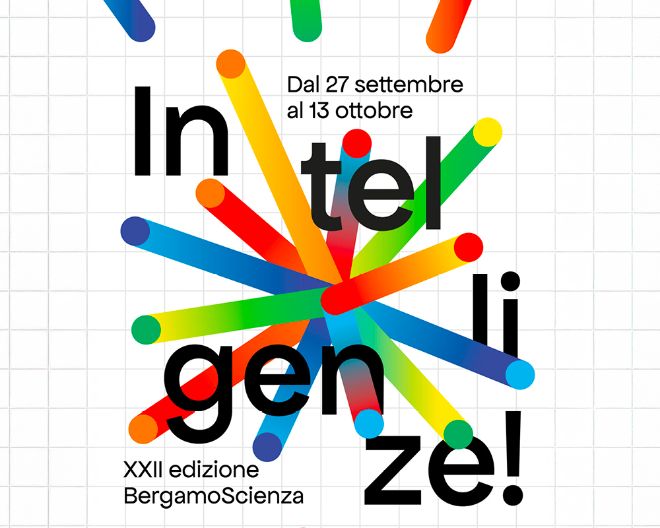0/resolutions/res-l992x10000/DSD_Convegno_San-Raffaele_UniSR-(1)0.png)
Disorders of sexual differentiation: a seminar organized by the IRCCS San Raffaele Hospital to share with health professionals the importance of a multidisciplinary treatment path in the transition from childhood to puberty and adulthood.
Saturday 20 May a seminar was held at the IRCCS San Raffaele Hospital dedicated to disorders of sexual differentiation (DSD), rare disorders in which there is an abnormal development of the chromosomal, gonadal and phenotypic sex, which affects about 1/4,500 born.
The event, coordinated by Dr. Arianna Lesma, a urologist and pediatric surgeon at IRCCS Ospedale San Raffaele, and Professor Andrea Salonia, Full Professor of Urology UniSR, urologist and andrologist, and Professor Giuseppe Cretì, President SIUP, was attended by the multidisciplinary team of specialists at San Raffaele Hospital who deal with DSD, from early childhood to adulthood, with the aim of updating general practitioners, medical specialists from different areas, psychologists, psychotherapists and nurses on the pathophysiological and genetic knowledge of sexual determination and differentiation, and on advances in terms of clinical and psychosocial management in the delicate period of transition to adulthood.
/resolutions/res-l1920x10000/DSD_Convegno_San-Raffaele_UniSR-(2).jpg)
What are disorders of sex differentiation (DSDs)
The 2005 "Consensus Statement" between various European and American scientific societies and patient associations coined the term "Disorders of Sex Development" (DSD) to refer to all those congenital conditions in which chromosomal, gonadal, and phenotype sex development is atypical.
Sexual development is a process involving a series of complex biological events that leads to the morphological and functional acquisition of sexual characters differentiating female and male individuals. This process begins pre-natally and is completed at puberty, with the acquisition of reproductive capacity, and requires the interaction between genetic and hormonal factors in a manner, dose, and time-dependent manner.
The most keenly felt issues are related to self-perception, sexual and psycho-social sphere, external genital cosmetics, and infertility. In many cases, individuals diagnosed with DSD report the need to construct and process simple and effective diagnosis-specific language. A relevant aspect is the quality of information related to diagnoses, the need to find scientifically correct information, and its dissemination. DSD diagnoses often clash with deeply ingrained cultural patterns and require choices involving intimate and profound aspects, for which society is still unprepared.
/resolutions/res-l1920x10000/DSD_Convegno_San-Raffaele_UniSR-(3).jpg)
The management of DSD
These are sometimes difficult clinical situations to manage, particularly in those cases where phenotypic sex attribution is uncertain (and this is echoed by attribution discordance on multiple levels, including the self-awareness and will/choice of the person with DSD with respect to the choice itself). Common denominator of the interventions was the theme of the patient's psycho-physical well-being as the main goal to allow proper somatic development and adequate development of secondary sexual characteristics (spontaneous or induced), in line with the sex of growth, to ensure the necessary conditions for a satisfactory affective, sexual and social life.
/resolutions/res-l1920x10000/DSD_Convegno_San-Raffaele_UniSR-(1).jpg)
The importance of transition to adulthood and proper follow-up
The experts present agreed that the management of the issue should involve an experienced and multi-disciplinary team, with specialists in genetics, endocrinology, andrology and urology, gynecology, radiology, and psychology, who can ensure-along with specialists from the pediatric area-the proper planning of all the diagnostic and therapeutic aspects necessary in such a delicate transition as that of reaching adulthood, which often coincides with the person with DSD coming of age.
It has also been observed that during the crucial and difficult time of transition between pediatric and adult age there is a high risk of interruption of follow-up. Therefore, the San Raffaele team recommends the importance of accompanying and ensuring continuity of care and offering support throughout.
Special attention has also been paid to the issue of psychological care, which must be an integral part of the management of people with DSD in order to promote the most positive adjustment to the situation, first with the parents, then with the person with DSD himself. Support groups play an important role in providing assistance to families and people with DSD throughout the journey to adulthood.
You might be interested in
/resolutions/res-c660x528/Pensa_Aorta_Congresso_UniSR-(3).png)
UniSR hosts the launch of the “Pensa all'Aorta” campaign

Salute e tecnologia: UniSR partner scientifico di Wired Health

UniSR Vascular Surgery Grand Rounds Ed. 2024

